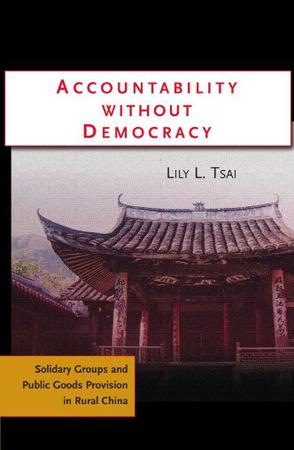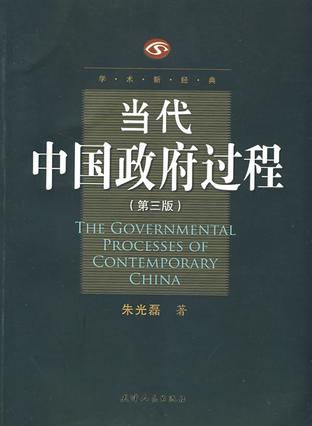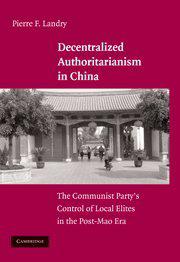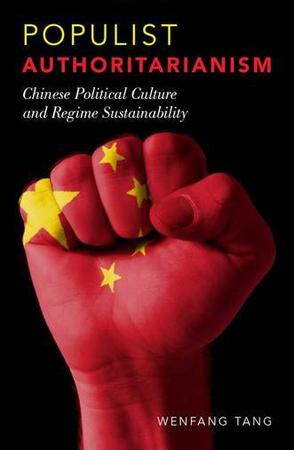-

Accountability without Democracy
This book examines the fundamental issue of how citizens get government officials to provide them with the roads, schools, and other public services they need by studying communities in rural China. In authoritarian and transitional systems, formal institutions for holding government officials accountable are often weak. The answer, Lily L. Tsai found, lies in a community's social institutions. Even when formal democratic and bureaucratic institutions of accountability are weak, government officials can still be subject to informal rules and norms created by community solidary groups that have earned high moral standing in the community. -

当代中国政治制度
《当代中国政治制度》以简洁的语言,概述了当代中国政治制度的主要内容,诸如人民代表大会制度、选举制茺、国家行政制度、国家公务员制度、民族区域自治制度、特别行政区制度、共产党领导的多党合作制度、政治协商制度,分析了其由来、组成与运行、发展等,既保持内容基本稳定,又融入了学术界最新研究成果。 -

当代中国政府过程
《当代中国政府过程(第3版)》主要内容:任何实际运行中的政府,都不仅是一种体制,而且是一个过程。因此,关于政府问题的研究,必然要在方法论上突破传统的体制研究的范围,而走向一个重要的领域——过程研究。“政府过程”是现代正常治、行政学的一个重要概念,是分析政府问题的一个重要角度。其特征是对政治特别是政府活动的行为、运转、程序以及各构成要素,特别是各社会利益群体之间以及它们与政府之间的交互关系,进行实证性的分析、研究和阐述。这种过程研究对于传统的体制研究、要素分析和法理说明,是一个极为重要的补充和丰富。 -

Decentralized Authoritarianism in China
-

Populist Authoritarianism
Populist Authoritarianism as an original theoretical framework in understanding authoritarian regimes in general and the dynamics of Chinese politics in particular. The range of public opinion surveys used in the book is unprecedented. Few researchers possess the historical and scientific evidence that allow them to compare change of public opinion A balanced and nuanced discussion about one of the most popular governments in the world that feels paranoid in a political environment that does not provide institutional guarantee for regime stability -

The Chinese Communist Party's Capacity to Rule
This book studies the survival strategies of the Chinese Communist Party (CCP). Examining both the CCP's quest for popular legitimacy and its search for party cohesion, Zeng argues that ideological reform and the institutionalization of power succession are crucial factors in the party's retention of power. China's economic success has created a fundamental dilemma for the CCP: if a communist party does not deliver communism and class victory, why is it there at all? There is a potential contradiction between generating economic success by utilizing quasi-capitalist economic policies on the one hand, and the fact that this is a communist party that supposedly justifies its rule by being the vehicle to deliver a communist society on the other. This contradiction has proved a challenge to the CCP's rule, generating belief crises in Chinese society and ideological battles within the party. This book shows how the CCP has remained in power by continually revising the ideological basis that justifies its rule.